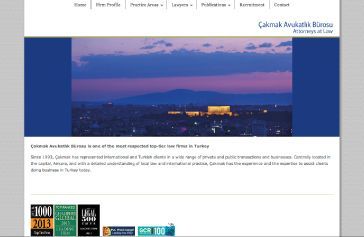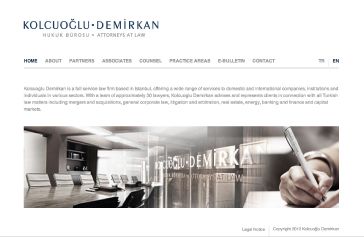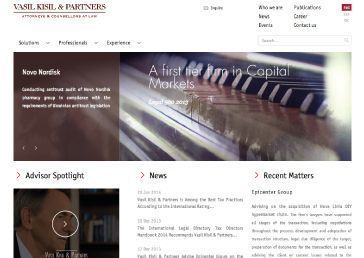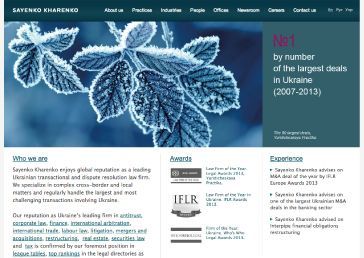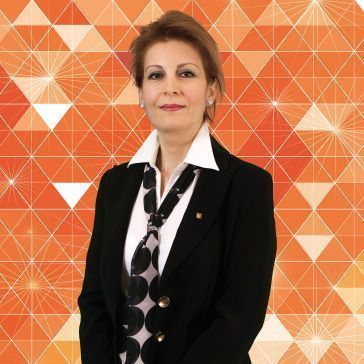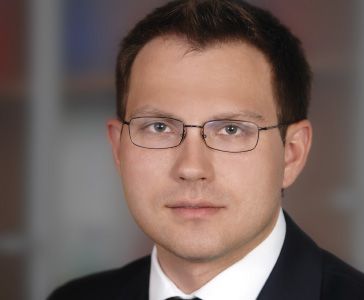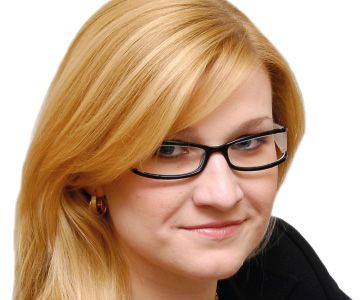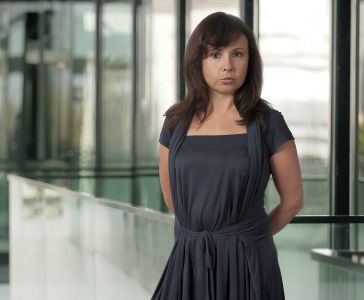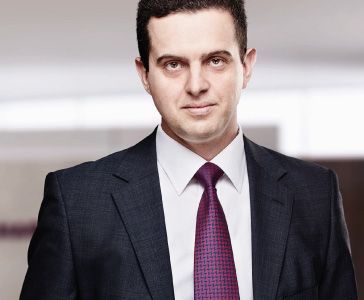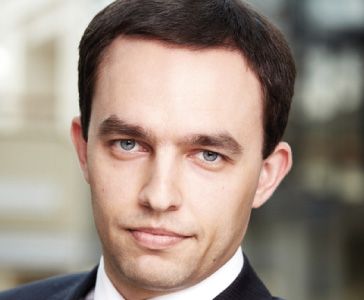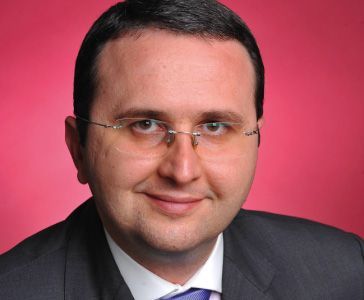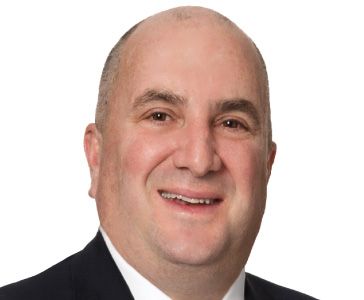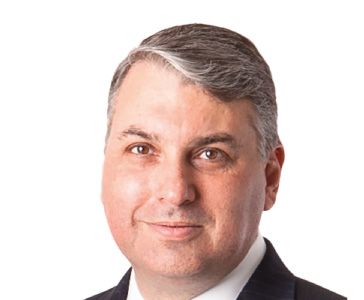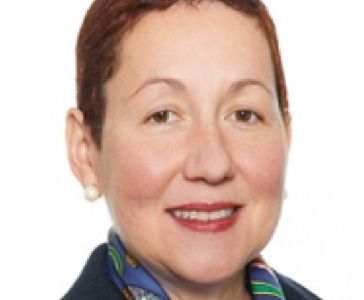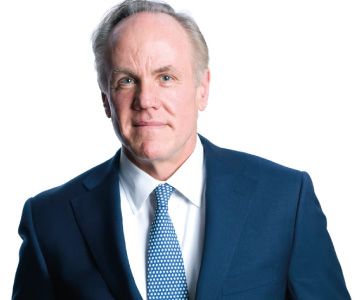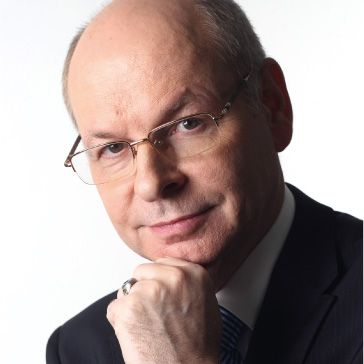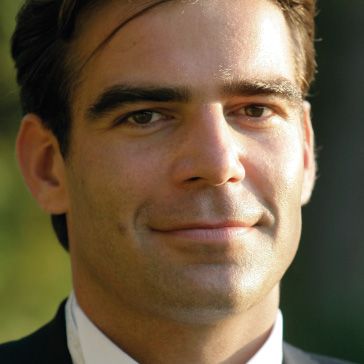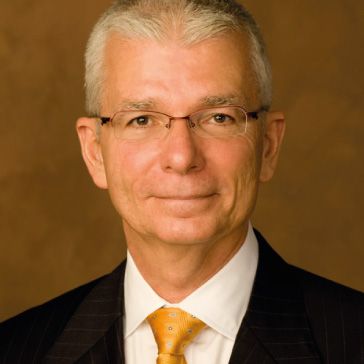Temporary injunctions in industrial property disputes are regulated in Slovene law by the Industrial Property Act (ZIL-1). Industrial property disputes include disputes relating to infringement and validity of patents, marks, and designs, but not copyright disputes, which are regulated separately. For issues that are not specially regulated in the sectoral law, general provisions on enforcement and securing of civil claims apply.
Conditions for Issuing
The owner of a right who requests a temporary injunction against an infringer must prove with a degree of probability (1) that he is the owner of the right, which also includes a proof on the validity of the right, and (2) that his right was infringed or that there is an actual risk of infringement.
Moreover, with a degree of probability the owner of a right must prove either (3a) a risk that enforcement of claims will be rendered impossible or rather difficult, or (3b) that damage difficult to repair will be incurred, or (3c) that the alleged infringer will not incur more severe unfavorable consequences due to the issuance of a temporary injunction than the consequences that the owner of a right would incur without the issuance, or (3d) that the alleged infringer will only incur insignificant damage if a temporary injunction is issued. Subsection (3a) is considered satisfied if claims are to be enforced outside the European Union.
Special Attention Should Be Drawn to Two Additional Statutory Conditions in Disputes Relating to Infringement of Patents.
The owner of a patent must furnish a motion for issuance of a temporary injunction with a declaratory decision of the Slovenian Intellectual Property Office (SIPO), which proves that the patented invention has undergone a substantial examination (for instance a Slovene translation of an European Patent for the same invention). In fact, when granting a Slovenian patent, SIPO does not perform the substantive examination of novelty, inventive step, and industrial applicability of the invention.
Furthermore, the owner of a patent must file the motion within three months from the day he was informed of the alleged infringement. In practice this condition can raise difficulties, as the owner of a patent is required to act rapidly to avoid disputes as to when he is deemed to have been informed of the alleged infringement (for instance at the moment when a warning letter requiring further explanation was sent to the alleged infringer, or only after possible further explanation has been received, etc.). According to case law, the three-month term cannot start before a declaratory decision of SIPO is served on the owner of a patent.
The courts have lately often dealt with weighing unfavorable consequences for the owner of a right and the alleged infringer (subsection 3c above). In a recent decision the Higher Court of Ljubljana explained that the scope of business operations cannot be a relevant criterion in weighing unfavourable consequences (the owner of a mark was a multinational company, whereas the alleged infringer was a small restaurant). Yet in another decision it stated that it is not sufficient for the alleged infringer to refer to inability to subsequently prove the extent of damages; he should rather prove concrete circumstances, such as the higher scope of damage due to a higher turnover of a disputable medicine compared to the owner of a patent, or that the disputable medicine represents a decisive share in total business operations of the alleged infringer.
Claims
In his motion for issuance of a temporary injunction, the owner of a right may especially request that the court (1) prohibit the infringement and future infringements, and (2) order that the objects of infringement and/or the means that are exclusively or predominantly intended or used for infringement be seized, excluded from sales, and stored.
Also other claims by which the purpose of temporary injunction can be reached may be requested by the owner of a right. According to case law, however, a temporary injunction cannot compel the destruction of objects of infringement or infringement means, as the consequences of such a temporary injunction could not be remedied in case the claims are later rejected.
It is worth mentioning that a motion for issuance of a temporary injunction can include a claim for a fine when the alleged infringer fails to meet his obligations within a stipulated term, although the payment can only be requested for the benefit of the state budget and not for the benefit of the owner of a right.
Procedure for Issuing
As a rule, the District Court of Ljubljana – as the exclusive competent court — decides on issuing a temporary injunction only after it has served a motion for its issuance to the alleged infringer and the infringer has had an opportunity to react to it. If the owner of a right requests that a temporary injunction be issued without having previously notified the alleged infringer, he must further prove probable that any delay whatsoever in issuing a temporary injunction would result in damage difficult to repair.
In practice, one has to take into account that a procedure of issuing a temporary injunction at the District Court of Ljubljana can take several months, at least in more demanding cases. Once it is issued, the alleged infringer may file an objection with the same court, and if he fails, he may file an appeal with the Higher Court of Ljubljana.
Although the law does not explicitly exclude any means of evidence, applicable case law emphasizes that appointment of an independent court expert will only be possible in exceptional circumstances. On the other hand, particularly in more technically demanding (mostly patent) disputes, judges (who are lawyers without any technical background) will often decide on the basis of expert opinions that can be submitted by the parties.
Conclusion
In the past years we have seen progress towards a more benevolent attitude of the courts towards the owners of rights (which is evident for instance from the above-mentioned viewpoints of the Higher Court of Ljubljana), yet temporary injunctions against alleged infringers are still not easily obtainable in Slovenia. The courts adhere to a relatively restrictive interpretation of statutory conditions referring especially to a key decision of the Constitutional Court of the Republic of Slovenia from 1998 which stipulated strict limitations for issuance of regulatory temporary injunctions.
By Luka Grasselli, Senior Associate, Odvetniki Selih & Partnerji
This Article was originally published in Issue 1 of the CEE Legal Matters Magazine. If you would like to receive a hard copy of the magazine, you can subscribe here.

